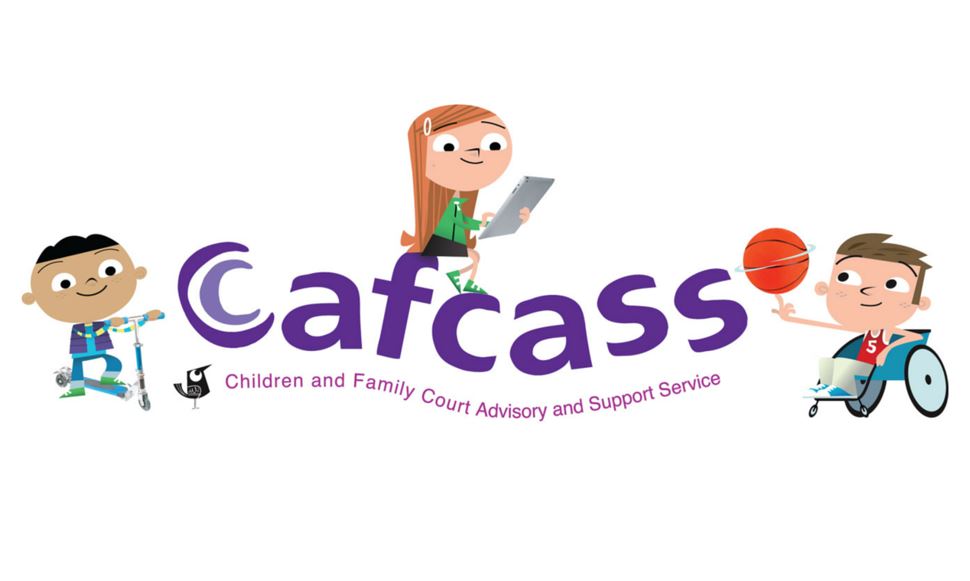On 6th September, Cafcass announced that it has launched its new framework entitled ‘Together with Children and Families’. This framework sets out new practices that Cafcass will follow to achieve its aim of providing ‘excellence everywhere for every single child’.
What is Cafcass?
Cafcass is the shortened term given to the Children and Family Court Advisory Support Service. It is an independent body which has a duty to safeguard and promote the welfare of children in family court cases. It consists of qualified social workers who ascertain what is in the children’s best interests and represent the children in the court. These social workers are called Family Court Advisers. They are often needed when parents cannot agree on the best arrangements for a child, when social services have concerns about the safety and welfare of a child, and in some adoption proceedings.
The New Framework
In the new ‘Together with Children and Families’ framework, Cafcass recognises that many families were already familiar with other practices introduced by their Family Court Adviser. Therefore, the framework plans to implement its new practices in phases. This should help families adjust to new to the new practices gradually. The first phase is due to include three elements:
- Assessment and Case Planning
- Introductory Letters
- Family Storyboards
These are outlined below:
- Assessment and Case Planning
Cafcass believe that all decision making should be clear and reasoned so that children and their families know and understand what has happened at the end of their proceedings.
To help make their decision, the Family Court Adviser will elicit information around three central assessment questions:
- What is happening for this child?
This assesses what the biggest worries for the child are and what impact this has on the child.
- What is special and unique for this child?
Here, the child’s voice will be included and they aim to record this in the child’s words. The officer will also explore the impact of the child’s diversity.
- What are the strengths in the family system?
This focuses on how family members make a difference to the child.
The Family Court Adviser is likely to ask other questions too; this is to help build a bigger picture around those central three questions. They can then use this information in the ‘Child Impact’ stage to record what they think and why. In the ‘Our words for the child and their response’ stage, the Adviser will formulate plans and articulate this in a way that a child would understand as well as recording their response.
This would then be shared with family courts.
- Introductory Letters
Introductory letters are a mechanism to encourage children to tell the Family Court Adviser about themselves and outline what is important to the child. It will include several questions for the child to answer and they can be adapted to each child to consider their uniqueness. Typical questions included could be: Who is important to you? Where do you call home? What family traditions do you have?
- Family Storyboards
The Family Storyboards element has been introduced as children have too often been the last to understand what is happening. The storyboards use pictures and narrative to explain to children what has happened in their family and how people will keep them safe. If there is a disagreement between the adults represented, they can share both versions with the Family Court Adviser, who can assist. However, it should be presented to the child by someone the child considers significant in their life.
More information on the Together Framework can be found here.








